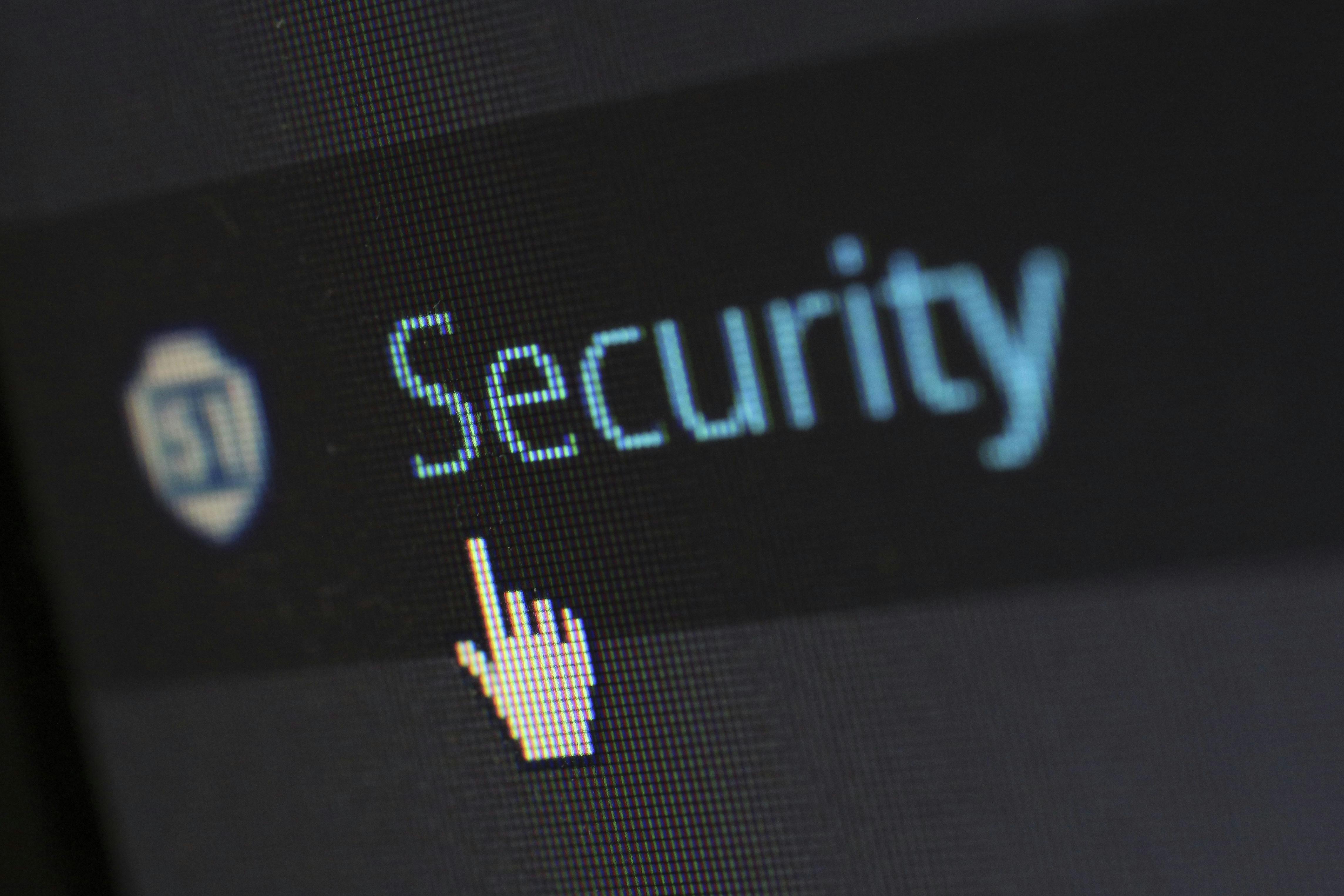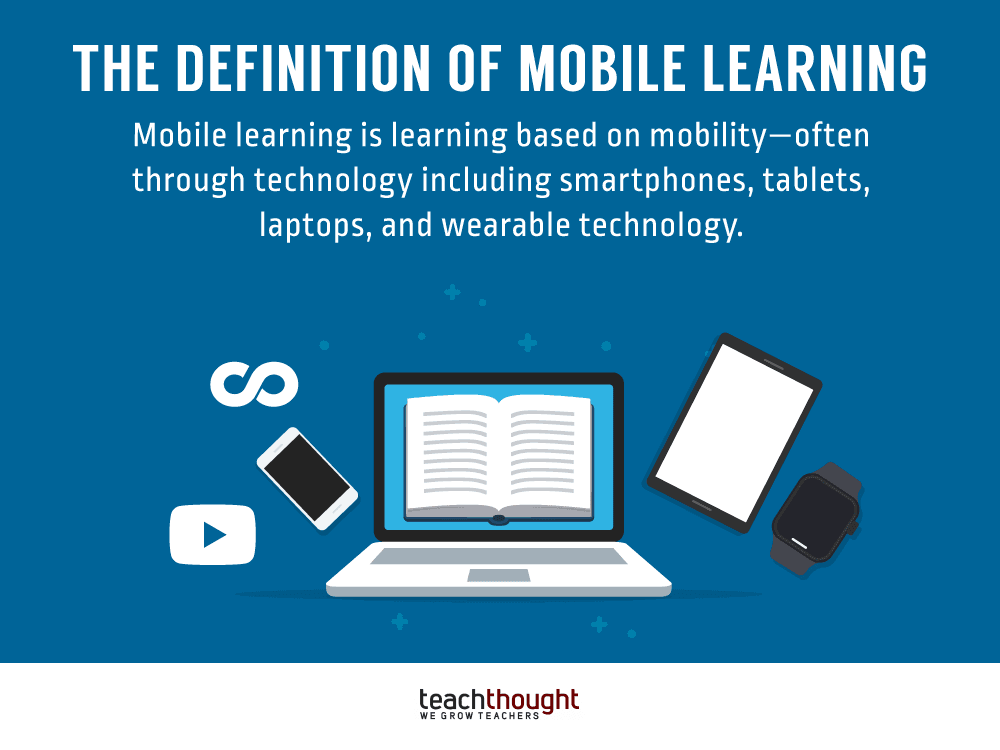Cybersecurity 101: Essential Tips for Students & Teachers
The rise of digital learning has transformed education, providing unprecedented connectivity and opportunities. However, this shift also brings serious challenges, particularly in online privacy and security. To navigate this evolving landscape, both students and educators must understand the essentials of cybersecurity.
In today’s academic environment, cybersecurity is no longer optional – it’s a necessity. Protecting personal and institutional data is crucial, especially as digital threats become more sophisticated. A reliable VPN can play a key role in safeguarding online activities and ensuring secure access to educational resources.
This guide explores fundamental cybersecurity practices for schools and universities, offering practical strategies to protect digital identities, prevent data breaches, and create a safer online learning environment. But digital security isn’t just about tools – it’s about building a proactive mindset that prioritizes safety in every online interaction.
From password management to recognizing cyber threats, this guide equips students and educators with the knowledge they need to stay secure. By adopting smart cybersecurity habits, they can turn potential risks into strengths, ensuring a more confident and protected digital learning experience.

Understanding Digital Security in Educational Environments
Digital security is now a top priority for students and educators. With technology deeply embedded in learning, it’s crucial to grasp cyber risks. This is to safeguard sensitive info and ensure safe digital environments.
Educational settings face unique cybersecurity hurdles. They have complex networks and vast digital resources, making them vulnerable to advanced threats. With remote access, the attack surface has grown, necessitating robust security measures.
Common Cyber Threats in Academic Settings
Academic institutions often face phishing, malware, and unauthorized data breaches. Weak passwords and unsecured networks can expose encrypted data. While anonymous browsing offers some protection, it’s not foolproof against all threats.
Impact of Security Breaches on Educational Institutions
Security breaches can severely harm schools, leading to financial losses and reputation damage. They can result in stolen student records, compromised research, and disrupted learning platforms. Inadequate cybersecurity measures lead to these dire consequences.
Basic Security Terminology for Educators
Educators need to understand basic cybersecurity terms. Knowing about encrypted data, network vulnerabilities, and secure authentication is key. Training programs help staff develop strong digital defense strategies. This protects both institutional and personal digital assets.
Essential VPN Usage for Safe Online Learning
In today’s digital world, internet security is paramount for both students and educators. A virtual private network (VPN) is a key solution for safeguarding online learning spaces. It establishes a secure connection, protecting sensitive academic data from cyber threats.
Students often encounter obstacles when trying to access online educational resources. A free VPN helps overcome these hurdles by bypassing restrictions on learning materials. It encrypts internet traffic, adding an extra layer of protection for academic research and personal data.
The advantages of using a VPN go beyond basic internet security. It encrypts data, reducing the risk of interception. This is vital when using public Wi-Fi in libraries, coffee shops, or campus study areas.
Digital learning demands strong security measures. A VPN acts as a shield for online activities, concealing IP addresses and preventing tracking. This ensures students can research, collaborate, and access educational content safely.
More and more educational institutions are seeing the value in digital privacy. By adopting VPN, schools foster responsible online behavior while ensuring a secure learning environment. VPNs are crucial for bypassing geographical restrictions and protecting sensitive information in modern education.
Building Strong Digital Defense Habits
Protecting your digital presence demands a proactive stance on internet security. Students and teachers must craft effective strategies to shield sensitive data from cyber threats. IP masking and comprehensive security practices are key to a robust digital defense.
Password Management Best Practices
Creating strong passwords is vital for internet security. Follow these essential strategies to safeguard your digital accounts:
- Create strong passwords with at least 12 characters for enhanced security.
- Mix uppercase and lowercase letters, numbers, and symbols to increase complexity.
- Avoid personal information (e.g., birthdays, names) and common words that are easy to guess.
- Use a trusted password manager to generate and store unique passwords securely.
Safe File Sharing Protocols
Secure file sharing is crucial in academic and professional settings. To protect sensitive data, use encrypted cloud services and verified file transfer platforms. Always confirm the recipient’s identity before sharing confidential documents.
Data Backup Strategies
Implementing strong data backup methods prevents information loss. Employ multiple backup solutions, such as cloud storage and external hard drives. Automated backup systems add an extra layer of protection against data disasters.
By integrating these IP masking and internet security practices, students and educators can develop a comprehensive digital defense strategy. This strategy minimizes risks and safeguards valuable information.
Conclusion
Cybersecurity in educational settings demands constant attention and proactive measures. Protecting online privacy is more than a technical necessity, it’s a critical skill for both students and educators. By setting up strong digital defenses, schools can greatly lower security risks.
This guide has outlined a detailed plan to protect encrypted data and personal info. It covers everything from recognizing digital threats to using secure file sharing methods. Each step strengthens the defense against cyber attacks. It’s crucial for students and teachers to see cybersecurity as an ongoing journey, requiring continuous learning and updates.
Adopting these cybersecurity practices turns digital interactions into secure experiences. Educators and learners who focus on online privacy build strong academic environments. Every action, from using strong passwords to backing up data, plays a part in a solid security plan.
As technology advances, so must our digital protection strategies. Stay updated, explore new security trends, and always prioritize protecting your digital academic space. Your dedication to cybersecurity today will lead to a safer, more confident digital learning environment
TeachThought Staff 2025-01-04 04:48:00
Source link

